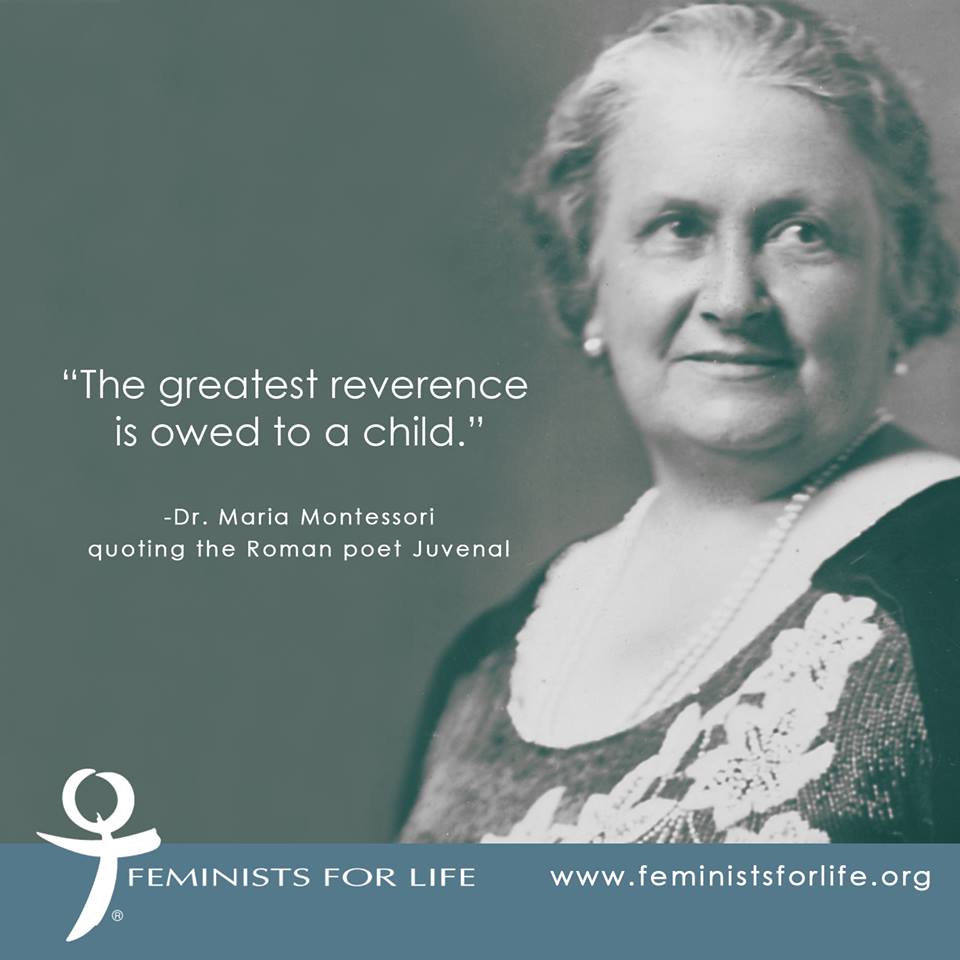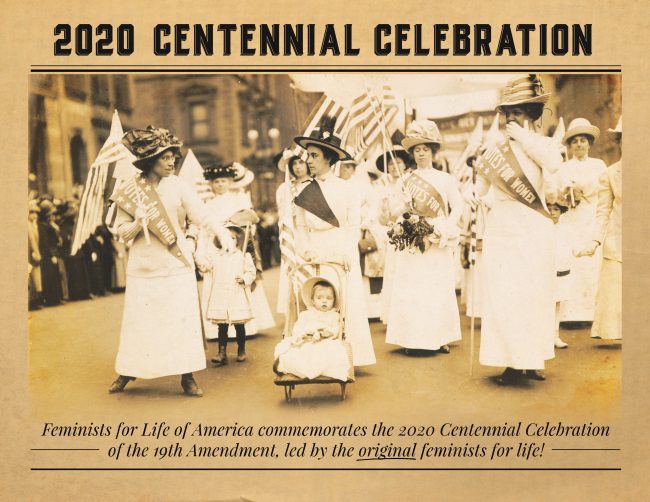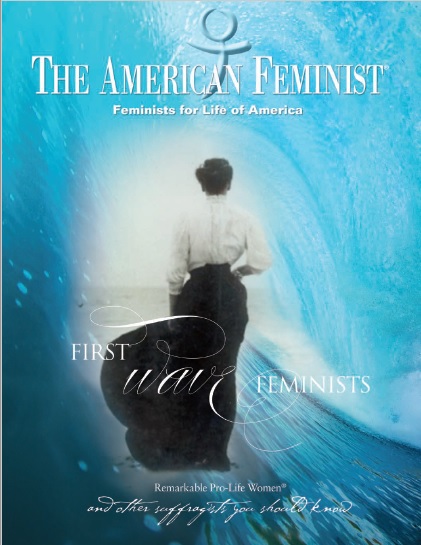
Dr. Maria Montessori (1870-1952) was Italy’s first female physician and a children’s education pioneer. Montessori endured years of male hostility to finally graduate in 1896 with high honors from the University of Rome. Her work with disabled children informed her innovative approach to learning, which emphasized individuality and autonomy, sensory exploration and task-oriented play. Montessori won renown throughout Europe, Asia, and America, securing proponents as diverse as Benito Mussolini and Alexander Graham Bell. Thanks to her vocal support of women’s suffrage and peace, Montessori lost favor with the Italian government in the 1930s, but would gain the French Legion of Honor and six Nobel Prize nominations. Throughout her controversial career, Montessori’s greatest ally was her son Mario. In 1897, an unwed Montessori had become pregnant by a colleague; the couple could have quietly arranged an abortion, but Montessori placed the boy in foster care instead. As a teen, Mario learned his true identity and was taken in as Montessori’s “nephew.” They were thereafter inseparable.
“Our attitude toward the newborn child should not be one of compassion but rather of reverence before the mystery of creation, that a spiritual being has been confined within limits perceptible to us …”
“The child becoming incarnate is a spiritual embryo which needs its own special environment, Just as a physical embryo needs its mother’s womb in which to grow, so the spiritual embryo needs to be protected by an external environment that is warm with love and rich in nourishment, where everything is disposed to welcome, and nothing to harm it …”
“[T]he image of a child as a spiritual being becoming incarnate not only stirs us but imposes upon us new responsibilities. As we look upon the charming little body, so much like a toy and upon which we lavish so much physical attention, we begin to appreciate the saying of the Roman poet, Juvenal: ‘The greatest reverence is owed to a child.’”
—From The Secret of Childhood, 1936
By Jen Hawkins








